Why must the poor be collateral damage of BNP-AL standoff?

As the ruling Awami League moves ahead with its plans to hold an election in January—amid mass arrests and convictions of BNP leaders and activists—it seems unlikely that the ongoing blockades will be called off in the foreseeable future, particularly with the government suggesting it will take an even tougher stance on the BNP in the days to come. In the glaring absence of any possibility of a consensus between the two parties, it is, as always, the ordinary people who are paying the highest price. In particular, low-income groups, who were already suffering immensely due to the unprecedented cost-of-living crisis in the country, are now on the verge of destitution.
A recent report by this daily has painted a harrowing picture of the agonies of day labourers, long-route bus workers, ride-sharing service providers, rickshaws, and CNG-run auto-rickshaw drivers, to name a few of the most affected groups. Take Shuily Begum, for instance, who could not find any work for the past 10 days due to the back-to-back blockades and hartals, even after reducing her day rate to Tk 400 from Tk 600. Ilias, a carpenter, who could only find work on two days in the past month, has been unable to pay rent or buy essentials for his family. The situation is equally bleak for most of Dhaka's informal labourers, who make up a significant portion of the capital's population. The Centre for Policy Dialogue (CPD) calculated that a family of four needs Tk 22,664 for food alone per month in Dhaka. That amount has gone up even further, with food inflation breaking all records over the past few months. Surviving amid an increasingly harsh economic climate was a challenge to begin with; now, with low-income groups earning half or even less than that due to the ongoing political programmes, how are they supposed to make do?
At this point, the BNP must re-evaluate whether its current strategy is really working. Is it deterring the ruling party from moving ahead with its plans to hold a one-sided election or ease the crackdown on its activists? If not, what does the party hope to achieve by making ordinary people suffer day in and day out? We have repeatedly urged the BNP to wage a movement that takes the people along with them—not one that alienates them.
As for the government, it is clear that they don't care about the opposition's demands or the national and international concerns about another controversial election. But does it not care about the vulnerabilities to the economy as a result of the ongoing blockades, as well as the suffering of ordinary people? Foreclosing any possibility of a compromise will only worsen the situation further, bringing untold miseries to low-income groups who have been dealt a heavy blow by the government's inadequate actions to contain inflation.
We urge both parties, once again, to see reason and prioritise the people on whose behalf they are supposedly waging their respective battles.

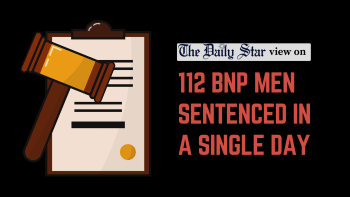
 For all latest news, follow The Daily Star's Google News channel.
For all latest news, follow The Daily Star's Google News channel. 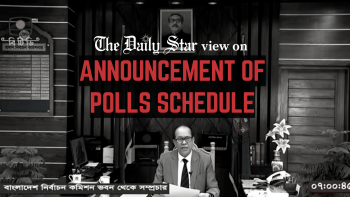
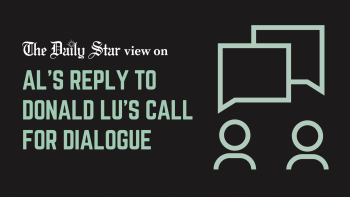


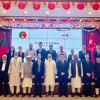
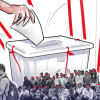

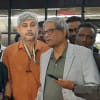
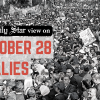


Comments